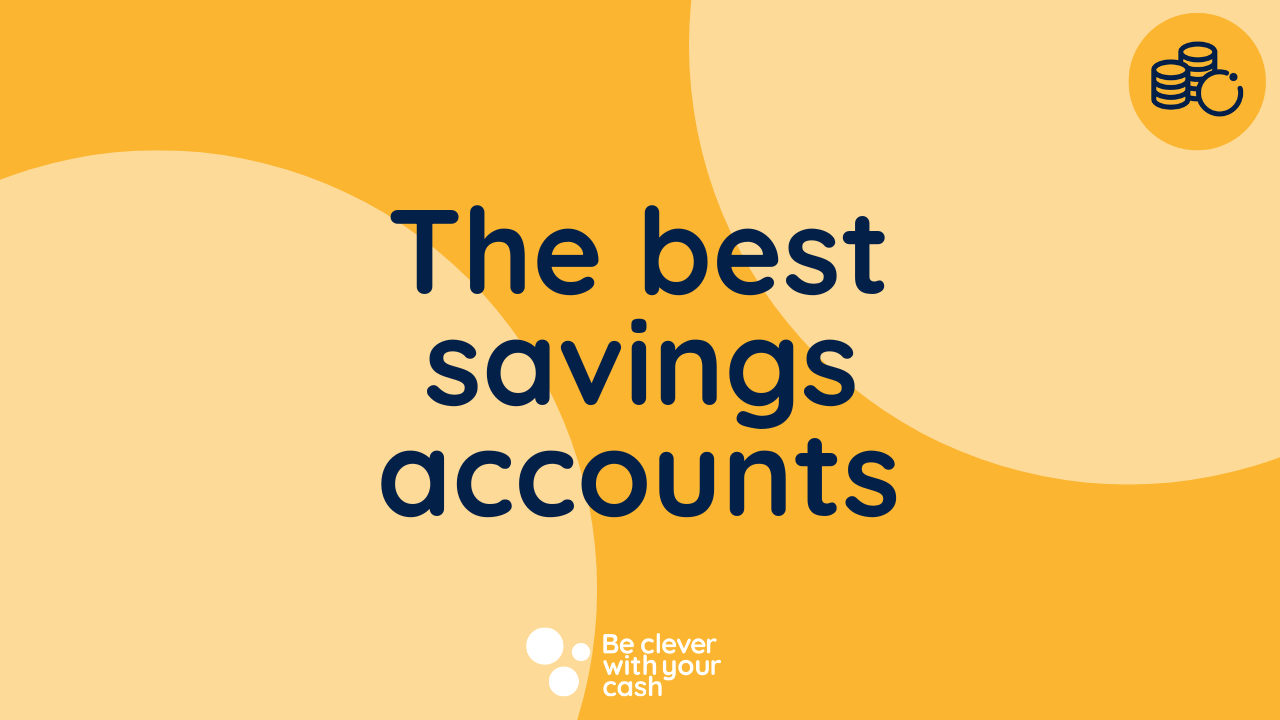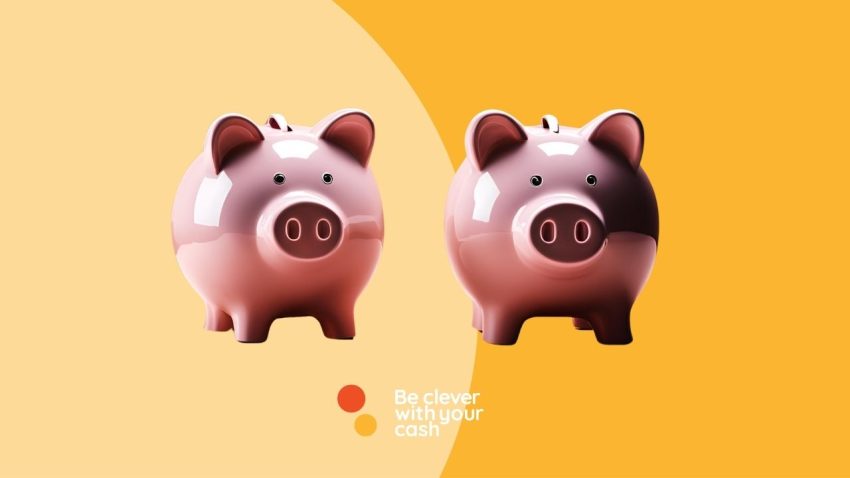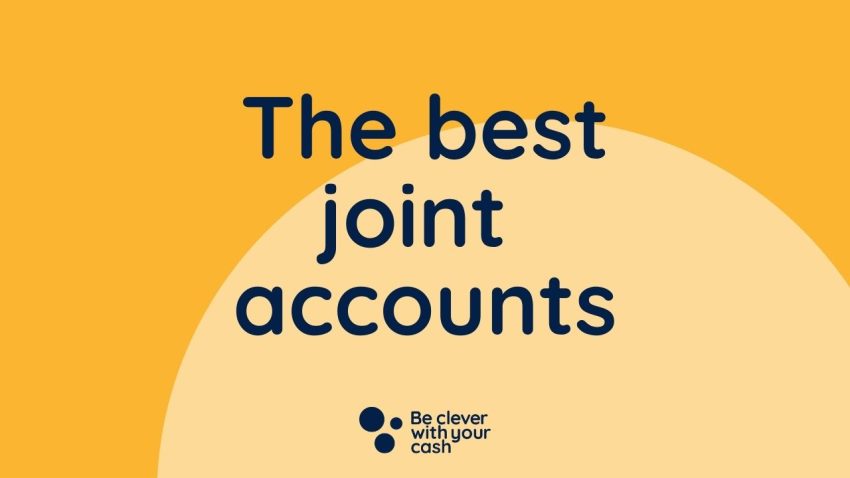Everything you need to know before you link your finances with someone else
Joint accounts can be a really useful way to manage your money as a couple (or with a friend or housemate) – but they’re not without risks.
Not everyone in a relationship wants or needs a joint account with their partner, but if you’re considering one, here’s what you should know.
Some articles on the site contain affiliate links, which provide a small commission to help fund our work. However, they won’t affect the price you pay or our editorial independence. Read more here.
What is a joint account?
A joint account is a bank account usually shared by two people – although some banks allow up to four names on the account.
Each person named on the account can make withdrawals and deposits. They’re also all equally responsible for managing the money in the account, including debts (more on this later).
You’ll also both get your own debit card and separate login details to your online account.
Why get a joint account?
If you’ve got shared expenses, like a mortgage, rent and bills, having the payments all leave the one joint account can be more practical than transferring money from different accounts each month.
A joint account can also give you both transparency as to what the other is spending (and potentially avoid arguments). It could also give you a reason to talk about money and make decisions together. Using a joint account can also help you budget and save as a couple.
If one person isn’t working, perhaps they’re on maternity leave, a joint account can give them access to the shared funds.
You can also earn double the perks on joint accounts if you have one with your partner – more on this below.
Can you have a personal and a joint current account?
Yes, and it’s a really good idea to have both. That way you can maintain your financial independence, have control over your money and save for your own goals, while also managing your money as a couple.
You don’t need to have both accounts with the same bank or building society.
Joint accounts and bank switching
If you’re a regular at Be Clever With Your Cash, you’ll know we love a good bank switching deal. And readers have made hundreds of pounds by taking advantage of switching bonuses.
If you’re looking to switch to a new provider that’s offering an incentive to new customers, you can switch your joint account to a new joint account with that bank. However, most banks only allow once bonus per person, which means you’ll just get the one payment between both of you if you switch into a joint account. So you’re better off switching one personal account each instead and getting two bonuses.
However, there is one exception – Nationwide lets you switch into both a personal and a joint account – so you could get three bonuses between you here (when it’s running).
You can switch a personal account to a joint account, but you can’t switch it the other way around.
What are the risks of a joint account?
You’re financially linked
Opening a joint account with another person creates a financial link between you both. This means when you apply for credit, such as a credit card, loan or mortgage, your partner’s credit history could be taken into account as well as yours. So if they’re not as financially responsible as you, it could scupper your chances of getting credit.
The key here is to have an open conversation about your financial history and find out as much as you can about your partner before opening up a joint account.
Your partner could drain your savings
Having a joint account means your partner has the right to spend whatever’s in it, no questions asked. If your partner goes on a spree and the account ends up overdrawn, you’ll both be responsible for clearing the debt.
One way of reducing the risk is by setting up your account as ‘two to sign’. This means both of you will need to approve any withdrawals or payments in a branch. However, this isn’t really practical and your partner may not agree to it anyway.
If the relationship ends you can ask the bank to freeze your account to stop your partner making any withdrawals, before getting the account closed.
You could be more vulnerable to financial abuse
As your partner can move and spend money from the account whenever they want, they could take complete control of the account. They could steal your money or deliberately deprive you of access to the joint funds or create debt and coerce you into repaying it.
You both need to agree to close the account
As I mentioned before, if your relationship sours you can ask your bank to freeze the account to stop your partner spending. Before you do this you’ll need to work out how you’ll pay your mortgage, rent and other bills that come from this account.
To close it completely you both need to agree. This can be difficult if your partner can’t be tracked down or you’re not on good terms. You can’t remove someone from the account without their consent.
If there are any regular payments or debts on the account you’ll also need to decide how these will be settled before the account can be closed. If your partner can’t be found, you could end up being pursued for the whole lot.
If you can’t get their consent to close the account, you could try mediation – there’s more information about this on the Citizens Advice website – before going to court.
Once the account is closed, you’ll want to make sure you’re no longer financially linked. You can contact the three main credit reference agencies Experian, Equifax and TransUnion and complete a ‘Notice of Disassociation’.
How do you open a joint account?
You can add your partner to your current account or open a separate joint account together.
Some providers allow you to open an account online whereas others may ask you to book an appointment in your nearest branch. As with opening any bank account, you’ll need ID and proof of address and you may need to pass a credit check.
What happens to a joint account when one person dies?
If your partner dies, you’ll be entitled to all the money in the account. You should tell the bank about the death and you may need to show a death certificate to get the account transferred into your name.
Get the best of our money saving content every week, straight to your inbox
Plus, new Quidco customers get a high paying £18 welcome offer

Extra rewards with joint accounts
If you opt for an account that offers perks, like cashback on spend or bills, you may be able to earn more together.
For example, Santander’s Edge current account pays 1% cashback on bills (up to £10 a month) and 1% cashback on supermarket spend (up to £10 a month). If you pay all your bills and buy all your groceries from the account, you’re more likely to get the maximum cashback. The account costs £3 a month but you can split this between you.
You could also earn extra perks by having joint accounts as well as personal accounts. For example, the Club Lloyds account offers freebies such as six cinema tickets per account. A couple could have two personal accounts and one joint account to earn 18 tickets in total.
Similarly, if you opt for a joint packaged bank account you can both benefit from travel insurance, gadget cover and breakdown cover for the one monthly fee – which is the same whether you have the account as a single person or couple.
How does interest work on joint savings?
Any interest you earn in a joint account will usually be split equally between each person. If you earned £1,500 savings interest in your joint account, you’d both be considered to have earned £750 each.
As with any interest, you may have to pay tax on it if it exceeds your Personal Savings Allowance (PSA). But you may be taxed differently if you’re in different tax brackets.
For example, say you’re a higher rate taxpayer and your partner pays a basic rate of tax. With the £1,500 interest example, this would be within your partner’s £1,000 PSA but you’d have to pay 40% tax on the £250 over your £500 allowance.
If you don’t want to split the interest equally, perhaps because you contribute different amounts to the account, you can contact HMRC.
Can you have a joint ISA account?
No. An ISA stands for ‘Individual Savings Account’ and can only be held by one person.
What about FSCS protection?
If your bank is covered by the Financial Services Compensation Scheme (FSCS), up to £85,000 is protected if the bank collapses. In a joint account, you get double the FSCS protection, so £170,000.
Can you have a joint credit card?
No, but you can add other people to your credit card account. They’ll get their own card and PIN for their own spend (which can be useful for earning more rewards and cashback) but you’ll be responsible for paying the bill.
Alternatives to joint accounts
Have your own accounts
You could keep your money separate and transfer money to each other when you need to. If you have shared bills, you’ll need to decide who’s going to be the account holder and will be responsible for the direct payments. You can log all your expenses on a bill splitting app, like Splitwise, to keep track.
Get a spending card
Some banks, like Starling, Lloyds and Barclays, allow you to give a secondary debit card to a trusted person. You remain in control of your account and you can set spending limits so they can’t go rogue with your money. It’s not quite the same as a joint account but it could be useful if you rely on your partner to shop on your behalf.

Amelia’s analysis
Getting a joint account with your partner isn’t just about trusting them. At the very least, even the most decent, trustworthy person can make financial mistakes – which could impact your finances and ruin years of being responsible with your money. And in the worst case scenario, people we think we love and trust, could end up not having our best interest at heart.
I think lots of couples think they need a joint account, especially when they move in together. However, you don’t – there are ways to manage your finances as a couple without one.
If you understand the risks and still think it’s worth getting a joint account, I’ve included some tips above to help you protect yourself. I’d always recommend having your own personal bank account in addition to a joint account, to give you more control over your money.





